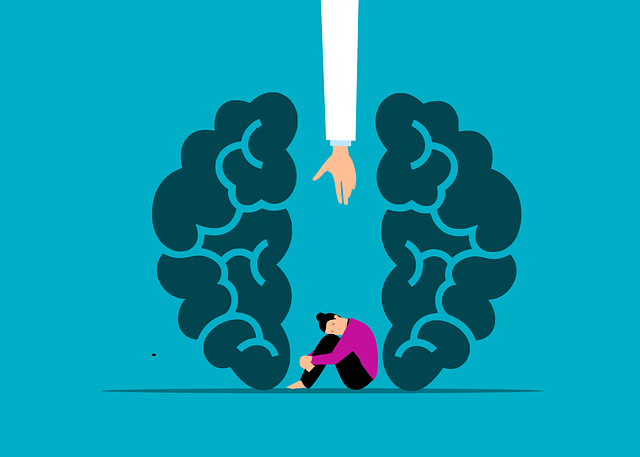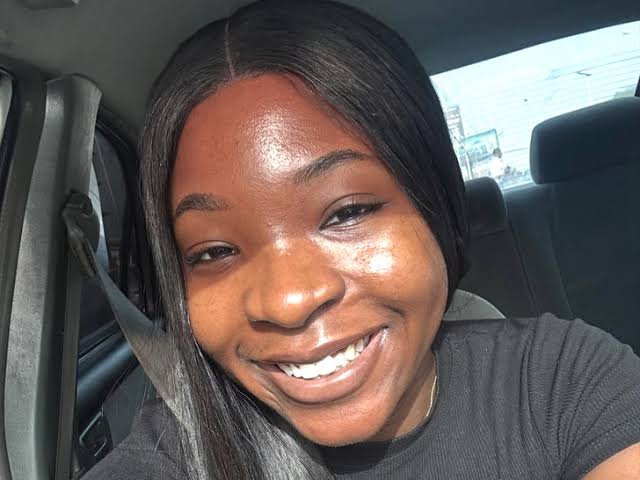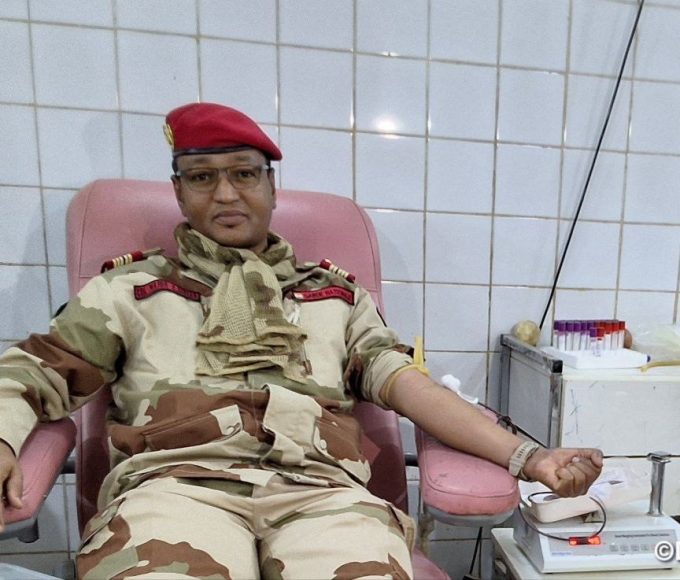
Mental Health Matters: Building a Foundation for Wellness and Growth

Writing has made me reflect on the power of sharing knowledge—sparking conversations and inspiring people to enrich their lives, relationships, and communities.
Nigerians, for instance, are famously described as some of the happiest people on earth. It’s a curious observation, considering our daily challenges—economic instability, social pressures, etc. If you’ve never lived here, you might imagine it’s because we live idyllic, simple lives, perhaps in forests or on trees (a misconception). But as someone who lives in Nigeria, I know this isn’t the case.
Life here has its ups and downs, and the past few years have shown us just how chaotic things can get. When you think you’ve seen the worst, life shows you another layer of difficulty. Despite all this, there’s a resilience in Nigerians that defies logic. And yet, beneath that resilience, there’s something we don’t talk about enough: mental health.
Why Mental Health Matters
Mental health touches every aspect of our lives. It affects how we relate to the people we love, perform at work, connect in places of worship, and function in society. If ignored, it becomes baggage we carry around—dragging us down in ways we might not immediately recognise.
We often prioritise our physical health, running to the doctor when our bodies give out. But what about our minds? Mental health, in many ways, is even more important than physical health. Science has shown that unresolved mental and emotional stress can manifest as physical illnesses—a phenomenon known as psychosomatic conditions.
Until we start seeing mental health as the foundation of overall well-being, we risk living lives that fall short of their potential—lives that don’t fully bless us, our families, or our society.
Generational Curses or Generational Traumas?
One idea I’ve been reflecting on is how mental health issues can span generations. I remember posting on my status a few months ago,
Generational curses may be generational traumas bequeathed you by your ancestry
The unresolved emotional and psychological wounds passed down because no one took steps to address them. A friend regularly reminds me that the truth is not lost upon us.
Breaking this cycle starts with awareness. We need to acknowledge that mental health issues exist and commit to addressing them—not just for ourselves but for future generations.
My goal is to make accessible, practical tools for nurturing mental health. While the ideas will be easy to understand, they may not always be easy. Growth and healing take effort, but I hope to make the journey manageable.
Through insights and stories, I’ll explore ways to build emotional resilience, identify stressors, and heal from past traumas. Mental health resources surround us—you need to know where to look. I’ll be here to help guide the way.
This is just the beginning of a continuing conversation I hope to have. I would love to hear your thoughts, questions, and experiences. What does mental health mean to you? How do you navigate life’s challenges? Together, we can create a community vested in the well-being of not just ourselves but everyone in our lives.
Together, we can prioritise mental health—and take steps toward living the rich, fulfilling lives we all deserve.
Read more: Niger Government Issues 3 Month BBC Ban For Misinformation and Destabilisation
Top 10 West African Movies That Defined 2024 -WAW Edition
Nigeria Flamingos Beat Niger 9-0 in WAFU Zone B U17 Opener
About The Author
Related Articles
Ifunanya’s Death and the Price Nigerians Pay for a Broken Health Sector
The sudden death of fast-rising Nigerian singer Ifunanya following a snakebite in...
ByWest Africa WeeklyFebruary 2, 2026MLMs Like Neolife Face Rising Criticism in Nigeria Over Financial Losses, Psychological Stress, and ‘Brainwashing’ of Young People
Multi-level marketing (MLM) companies operating in Nigeria, including well-known names such as...
ByWest Africa WeeklyDecember 16, 2025Niger: National Guard Organizes Blood Donation Drive to Support Health Services
The National Guard of Niger (GNN) launched a major blood donation campaign...
ByWest Africa WeeklyNovember 13, 2025Mali: President Goïta Launches Landmark Hospital Development Programme
President Assimi Goïta has unveiled an ambitious national initiative to transform Mali’s...
ByWest Africa WeeklyNovember 12, 2025












Leave a comment